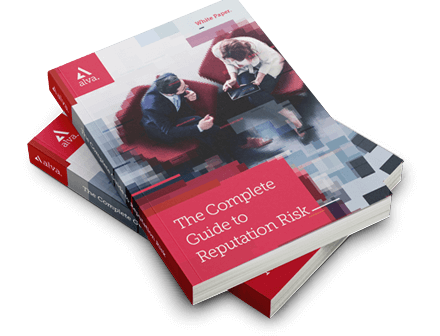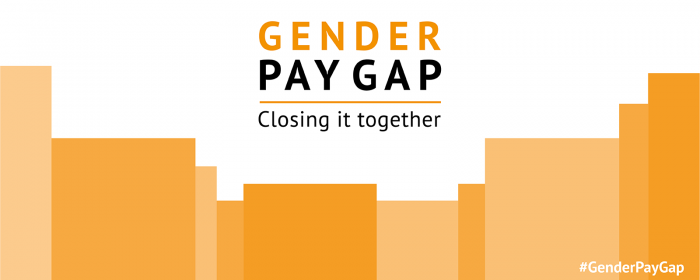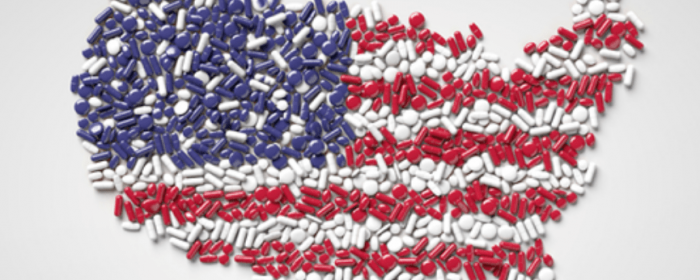Disrupting Cobalt’s Supply Chain: A Communications Opportunity for Apple
As the adoption of lithium-ion batteries in consumer electronics and electric vehicles continues to accelerate, Communications professionals are faced with a new stakeholder to manage. The big-players are now engaging directly with miners and consequently disrupting long-standing traditional supply chains. This piece examines the potential benefits these companies can leverage for their reputation and social contract from this new relationship.
Last month’s news that Apple is considering sourcing the cobalt used in its batteries directly from miners should come as no surprise, though investors took it as a bellwether for the future of the commodities market and shares in mining companies subsequently went up.
In seeking to work directly with cobalt miners, a key component in the increasingly popular lithium-ion batteries, Apple has followed in the footsteps of car manufacturers BMW, Tesla and Volkswagen. Last week, Samsung was also reported to be in talks to secure its own long-term supply. Not only is this supply chain disruption good business, it also gives these companies greater oversight over the sourcing of their cobalt – a metal with a history tainted by child labour and other human rights concerns.
Whilst engaging directly with miners exposes a company to a new set of potential reputational risks, as the same time, the Corporate Affairs function is presented with an opportunity to bolster its company’s image as one that cares about its “Social Contract”. For an increasingly ethically-minded consumer base, the potential reputational windfall within this stakeholder group should not be overlooked.
Working directly with miners allows greater oversight
Apple is already lauded by Amnesty International as one of the better organisations when it comes to the ethical sourcing of cobalt. Indeed, it was the first organisation to publish a list of the smelters and suppliers that it uses in a bid to boost transparency around what has traditionally been a murky supply chain.
Through moving to work directly with miners, Apple and Samsung will have greater oversight a shorter supply chain, thus reducing the risk of a part of that change engaging in malpractice – which would in turn have negative implications for their reputations. Conversely, with greater oversight comes greater accountability: it is important that consumers electronics companies ensure that the miners they engage with are compliant with their own corporate and ethical values.
Increasing expectations for consumer electronics sector around social responsibility
Unlike other industries such as food or fashion, consumer electronics, automotives and other sectors reliant on the mining and processing of metals have generally come under less scrutiny from end users. This may be attributable to several factors. For one, the supply chain from metal in-ground to finished product is much longer than, say, that of a farmed chicken ending up in a supermarket. Second, the quantity of raw materials used, and the complexity of the manufacturing process, are both greater than in either food or fashion. Finally, the lump of pale blue cobalt used to build your iPhone battery is totally invisible to the user: the finished product bears no resemblance to the component parts and raw materials used to make it.
In light of the above, it is unsurprising that the majority of consumers do not appear to make the link between the mining-reliant products that they use and provenance of the materials themselves.
As supply chain transparency increases and industry bodies such as the ICMM campaign to bridge the gap between end consumers and mining, one would expect to see socially-conscious consumers place higher expectations on consumer electronics companies, following the trends witnessed in other sectors.
Proactively communicating around not only the commercial benefits of this new strategy, but also the wider stakeholder benefits such as indigenous communities, redefines the social contract between consumer electronics companies and consumers. Addressing the mired history of cobalt acquisition through moving to disrupt the traditional supply chain has meant that Apple and Samsung are giving increasingly socially responsible consumers the choice to purchase a more-ethically manufactured product. Corporate Affairs leaders should not pass up the opportunity to portray their companies as industry gold-standards others should seek to follow.
Be part of the
Stakeholder Intelligence community











